Bacteria Found in Nuclear Reactors Could Be the Secret to Faster
Por um escritor misterioso
Last updated 22 maio 2024
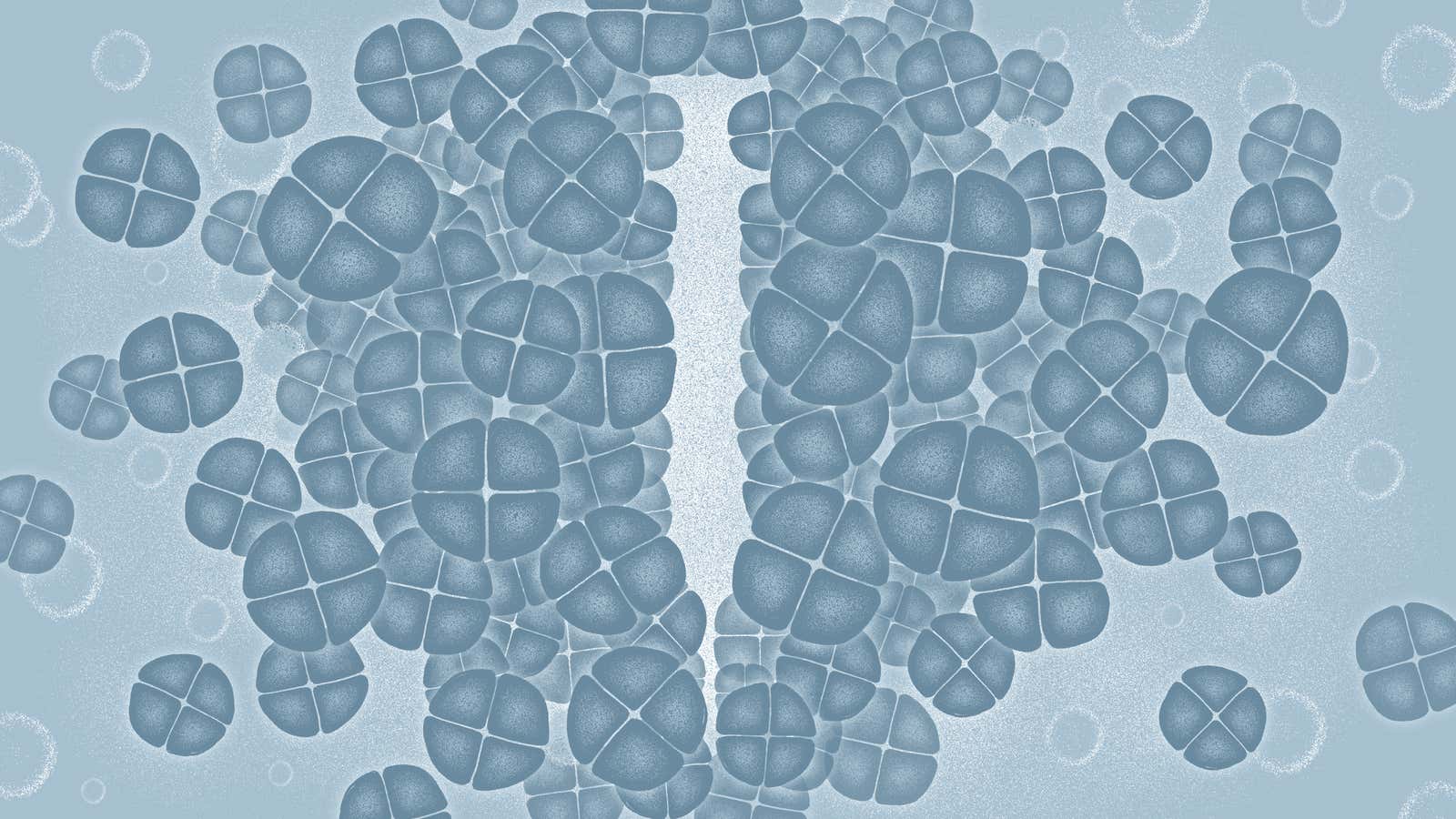
The extremophile bacterium Deinococcus radiodurans was first discovered in 1956 at Oregon State University, where it was busy ruining a gamma ray experiment designed to sterilize a tin of ground meat. The “sterilized” meat spoiled, thanks to D. radiodurans and its preternatural durability in the face of radiation: The…

Radiation-resistant bacteria can help clean nuclear waste

This Two Billion Year-Old Natural Reactor May Hold The Key To Safe
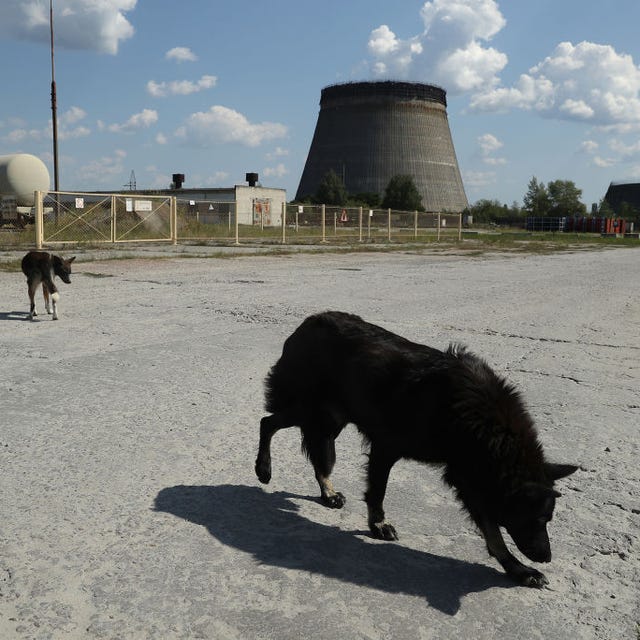
Chernobyl Dogs Are Experiencing Rapid Evolution, Biologists Say
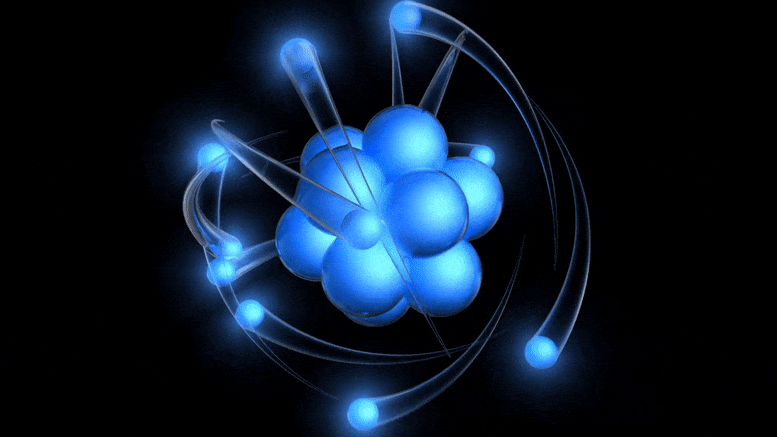
New Type of Entanglement Lets Nuclear Physicists “See” Inside

How Do Microbes Remove Radioactive Waste?

Bacteria Overview, Characteristics & Infection - Video & Lesson

How Do Microbes Remove Radioactive Waste?

How Extremophile Bacteria Living In Nuclear Reactors Might Help Us
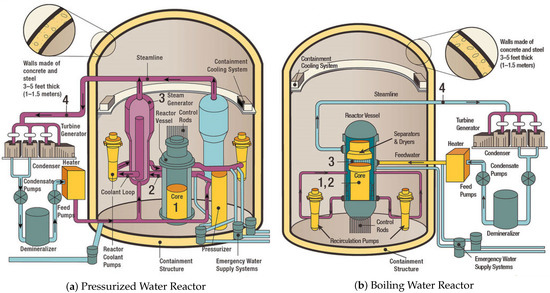
Energies, Free Full-Text
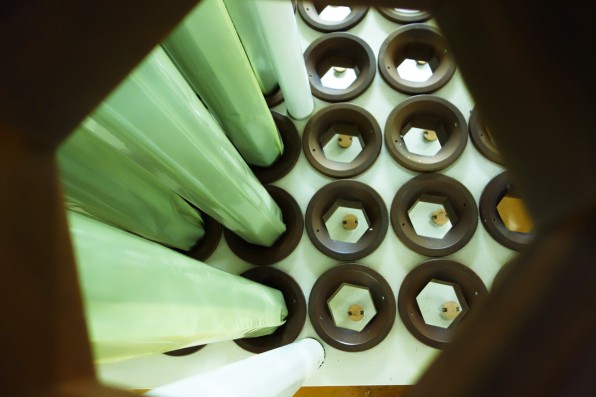
This Nuclear Reactor Eats Nuclear Waste
Recomendado para você
-
 Deinococcus radiodurans: Radiation resistance – The Microbial22 maio 2024
Deinococcus radiodurans: Radiation resistance – The Microbial22 maio 2024 -
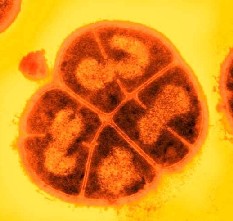 Deinococcus radiodurans22 maio 2024
Deinococcus radiodurans22 maio 2024 -
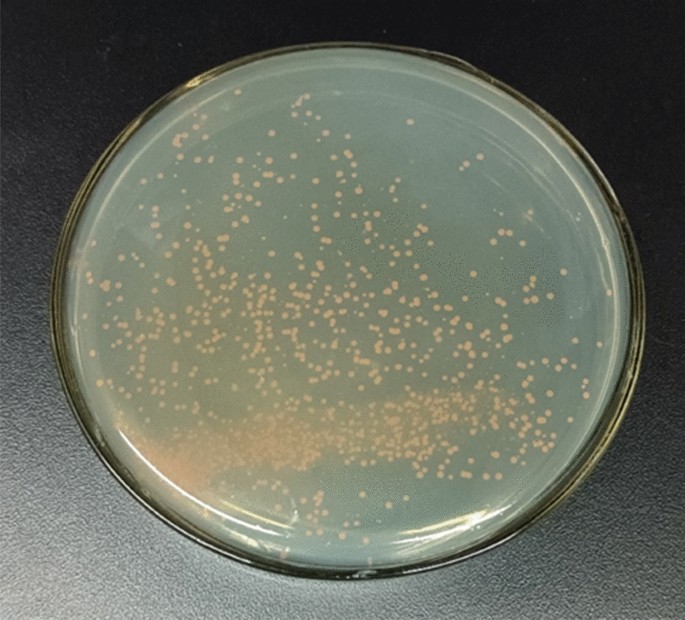 The reduction effect and mechanism of Deinococcus radiodurans22 maio 2024
The reduction effect and mechanism of Deinococcus radiodurans22 maio 2024 -
 Application of Deinococcus radiodurans for bioremediation of22 maio 2024
Application of Deinococcus radiodurans for bioremediation of22 maio 2024 -
 Oxidative Stress Resistance in Deinococcus radiodurans22 maio 2024
Oxidative Stress Resistance in Deinococcus radiodurans22 maio 2024 -
 Elucidation Of The Structure Of The Surface Layer Of Deinococcus22 maio 2024
Elucidation Of The Structure Of The Surface Layer Of Deinococcus22 maio 2024 -
 Interdigitated immunoglobulin arrays form the hyperstable surface22 maio 2024
Interdigitated immunoglobulin arrays form the hyperstable surface22 maio 2024 -
 A New Uranium Bioremediation Approach using Radio-tolerant22 maio 2024
A New Uranium Bioremediation Approach using Radio-tolerant22 maio 2024 -
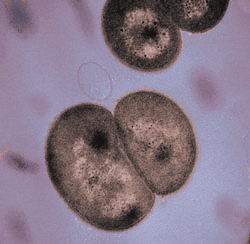 Home - Deinococcus geothermalis DSM 1130022 maio 2024
Home - Deinococcus geothermalis DSM 1130022 maio 2024 -
 The radioresistant and survival mechanisms of Deinococcus22 maio 2024
The radioresistant and survival mechanisms of Deinococcus22 maio 2024
você pode gostar
-
 Birds of Prey Soundtrack Trailer Adds Fire to the Mayhem22 maio 2024
Birds of Prey Soundtrack Trailer Adds Fire to the Mayhem22 maio 2024 -
 Vasto Lorde Mask for Sale by Anime--Life22 maio 2024
Vasto Lorde Mask for Sale by Anime--Life22 maio 2024 -
 Ryugo (Kisaragi) - Ryūko Matoi (Kisaragi)22 maio 2024
Ryugo (Kisaragi) - Ryūko Matoi (Kisaragi)22 maio 2024 -
 Fecha de estreno y todo sobre 'Gen V', el spin-off de 'The Boys22 maio 2024
Fecha de estreno y todo sobre 'Gen V', el spin-off de 'The Boys22 maio 2024 -
 Game Review: Assetto Corsa Competizione (PS4) - Motorsport Radio22 maio 2024
Game Review: Assetto Corsa Competizione (PS4) - Motorsport Radio22 maio 2024 -
 Minecraft players can now download Denmark – all of it – in 1:122 maio 2024
Minecraft players can now download Denmark – all of it – in 1:122 maio 2024 -
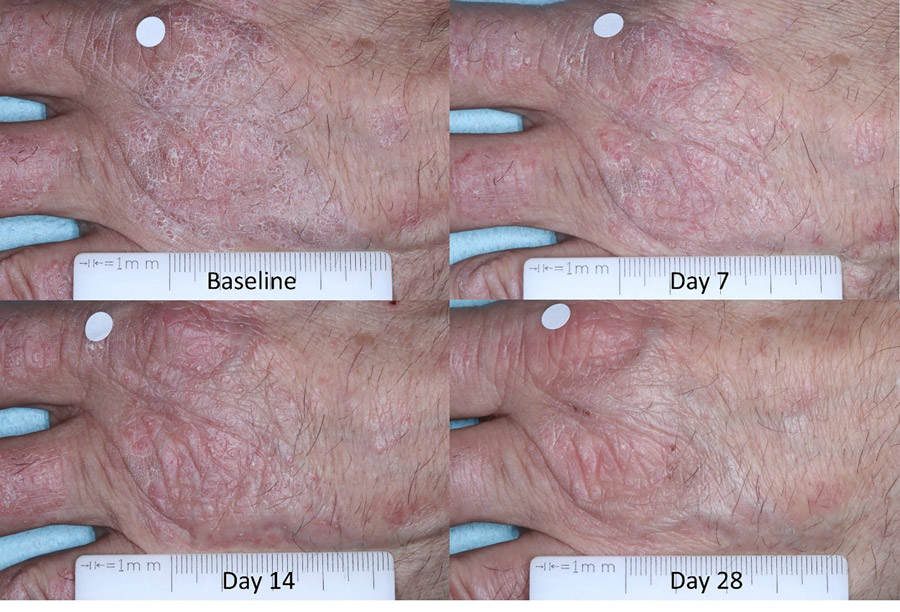 Taming Staphylococcus aureus in the eczema skin microbiome22 maio 2024
Taming Staphylococcus aureus in the eczema skin microbiome22 maio 2024 -
 Guia Completo do bolo de casamento - 5 passos para escolher o bolo perfeito e 15 estilos22 maio 2024
Guia Completo do bolo de casamento - 5 passos para escolher o bolo perfeito e 15 estilos22 maio 2024 -
 Report: Elder Scrolls 6 'Expected 2026 or Later', Not on PlayStation - Insider Gaming22 maio 2024
Report: Elder Scrolls 6 'Expected 2026 or Later', Not on PlayStation - Insider Gaming22 maio 2024 -
 Sikêra Jr. turbina público do Programa Raul Gil - Bastidores - O Planeta TV22 maio 2024
Sikêra Jr. turbina público do Programa Raul Gil - Bastidores - O Planeta TV22 maio 2024